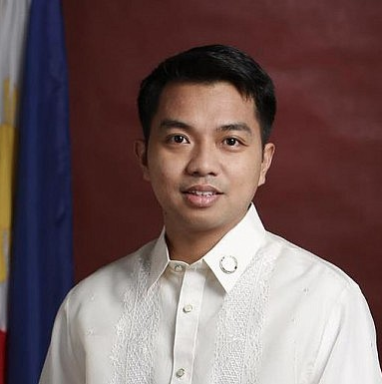
Mong Palatino, 36, is a Filipino activist, former legislator, blogger, and Global Voices editor for Southeast Asia and Oceania. He covers issues on censorship, free expression, human rights and more. His blog, Mong Palatino , is about the Philippine left and Southeast Asian politics. He lives in Manila, Philippines. His twitter is @mongster.
Interview with Mong Palatino via email:
How would you describe the right of free press in the Philippines? How free is it? Are there any dangers to being a journalist or blogger?
There is a robust tri-media sector in the Philippines. Mainstream press is free, there’s no outright censorship. There’s no censorship board. But I would describe the situation as partly free because the Philippines remains one of the most dangerous countries for journalists. Journalist killings continue with impunity. This is permanent censorship of people who are reporting the truth in the grassroots. Coverage of news is dictated by the agenda of the corporate-dominated media.
What are the most important issues trending in the news? How do you think the media is covering these issues?
The Marcos Burial, the War on Drugs. I think media should give more coverage to victims of the martial law regime. The media should also provide more archival evidence about the bad governance and corrupt legacy of Marcos. With regard to ‘War on Drugs’, the media should also highlight the link between socio-economic backwardness of Philippine society and the drug menace.
What do you think are the hardest issues to report on in the Philippines? Why?
Issues that expose the incestuous links of corporate sector and big political parties. Issues that expose the corrupt and anti-labor practices of big business and foreign investors. Issues that challenge the rule of political dynasties. Issues that reveal the brutal legacy of the military in the countryside where mining and plantation firms operate.
How do you go about reporting or blogging on important issues that are sometimes a sensitive topic or are controversial? How do you attain your sources?
I feature various perspectives, I highlight contrary opinions, I mention the narrow framework used by mainstream media in reporting socio-political issues. I interview activists, residents, and people’s organizations in the grassroots.
What do you want the world to know about your country?
That the Philippines has a vibrant people’s movement resisting corruption, feudal oppression, and imperialist plunder. That alternative media is doing a courageous job documenting the people’s struggles in the grassroots.